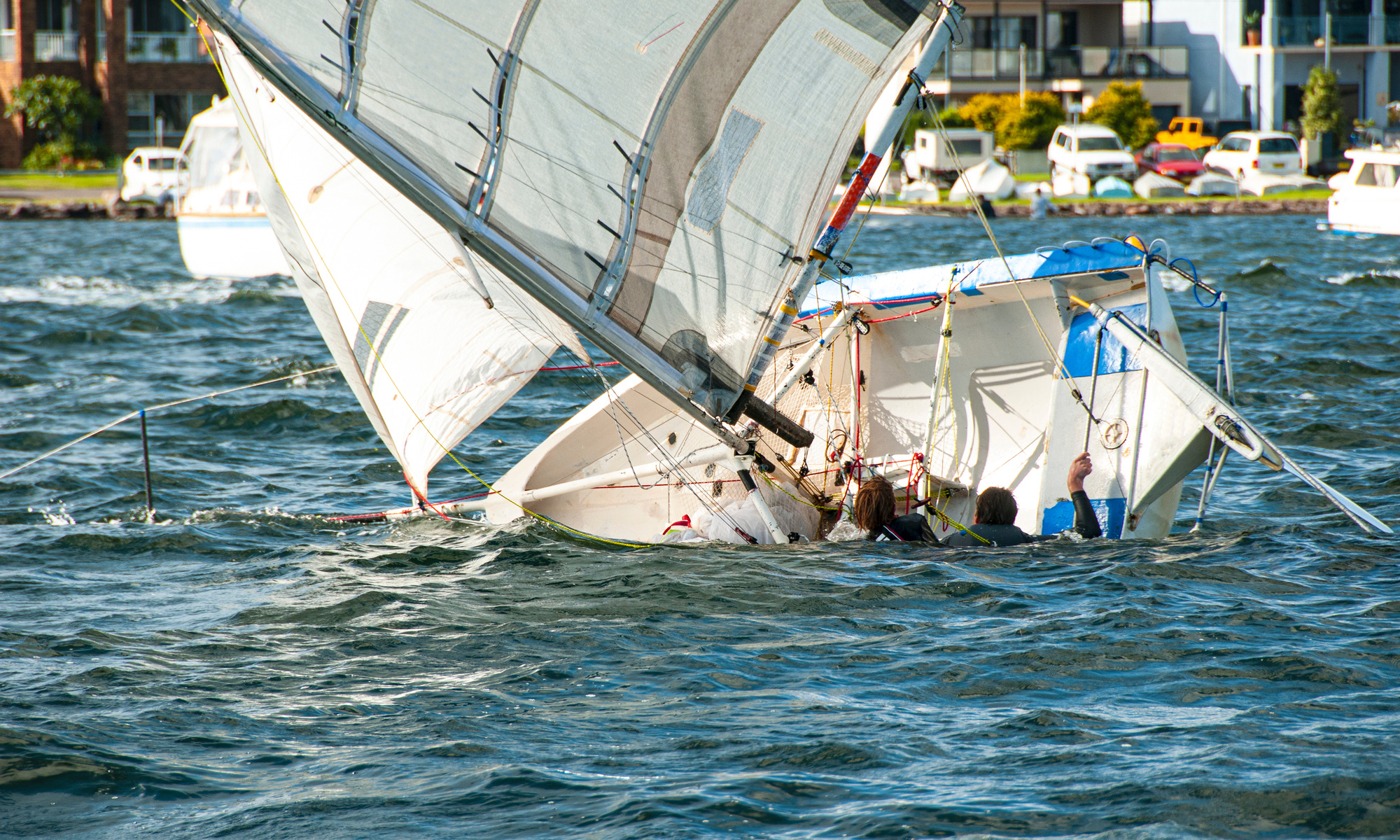Now Reading: How Is Liability Determined In A Boating Accident?
-
01
How Is Liability Determined In A Boating Accident?

How Is Liability Determined In A Boating Accident?
More people have access to recreational water travel than ever before.
However, with more boaters out there, there are also more opportunities for boats and other vessels to get involved in accidents.
These can happen for many reasons, including collision with another ship, poor maneuvering, mechanical failures, excessive speed, alcohol use, extreme weather conditions, and violations of navigation rules.
Regardless of the cause of the boating accident, the entire situation can be life-changing and traumatic, especially if it leads to grave injuries. When this happens, knowing who is liable for the accident is essential. This way, you can file a claim and recover compensation from the at-fault party.
If you’ve been injured in a boating accident, keep reading this article to learn how liability is determined in such a situation.
Potential Liable Parties In A Boating Accident
As mentioned before, boating accidents can happen for various reasons. Because of this, multiple parties can be held liable for the injuries they cause. These include:
- The operator
- The owner
- The boat manufacturer
- The rental company
- Certain passengers
Depending on the unique circumstances of the incident, any number of these people may be held accountable. But since proving that will be tricky, hiring a dedicated lawyer will help you get a desirable outcome.
They can examine your case’s details and determine if you have a valid, solid claim against the potential at-fault party.
To learn more about how a legal professional can help, check out some reliable legal websites like SHW Law for more information.
How To Determine Liability In A Boating Accident
If you’ve been injured in a boating accident, you may be entitled to file a claim and get compensated for all the economic, physical, and emotional losses you’ve sustained.
Your main concern now should be determining who is liable for the accident. Here are the necessary steps to do this:
- Establish The Elements Of Negligence
In most cases, liability in a boating accident is determined by negligence. It refers to the failure to exercise a reasonable standard of care expected from a prudent person under similar circumstances, which results in injury or damage to another person.
To establish negligence, the following elements must be present:
- Duty of care: The defendant had a duty of care to maintain your well-being during the boating trip.
- Breach of duty: The defendant breached this duty of care by committing negligent actions, such as failing to comply with safety procedures or providing safety equipment.
- Causation: You should demonstrate that the defendant’s negligence caused your injuries.
- Damages: You should show that the injuries resulted in significant damage.
You can build a solid case against the other party by establishing the elements above.
- Prove The Presence Of Intentional Misuse
Aside from negligence, you may also determine the liability in a boating accident through intentional misuse. You may press a claim when someone intentionally misuses a boat apparatus or does something with the watercraft, resulting in injuries.
In most cases, intentional misuse involves alcohol or drug use and reckless behavior. For example, suppose the boat operator is caught driving the vessel while drunk. In that case, you may hold them liable for the boating accident.
- Gather Evidence
You can determine liability in a boating accident through the relevant evidence you gather.
The following are the pieces of evidence that can help you build your case:
- Photos of the wreckage: These help reconstruct how the boating accident occurred to determine who is at fault.
- Toxicology results: If the intoxication of the boat operator is said to cause the boating accident, these results can help hold them accountable for what happened.
- Maintenance logs: If mechanical failure played a role in the accident, the maintenance logs should show if any measures had been taken and who oversaw them.
- Witness statements: These help give you more insight into what happened before and after the boating accident. For example, suppose the accident involved another boat. In that case, the witnesses can attest to who collided with who, the weather condition at the time of the accident, the speed of the boats, and their condition.
- Boat license: This determines whether the boat operator has the proper training and knowledge to operate the water vessel legally. Suppose the operator’s inexperience caused the accident. In that case, the lack of a boating license may be the best proof to hold them liable for what happened.
You can use these pieces of evidence to determine the liability in a boating accident. Gather them as quickly as possible to ensure a favorable outcome. Of course, work with a personal injury lawyer to guide you through the process.
Know Who To Hold Liable
If you were hurt while boating because of other people’s negligent or reckless behaviors, you should establish liability to receive the compensation you deserve. Keep the information mentioned above in mind, so you know how to build your case against the at-fault party. Remember to work with an expert and stand your ground.










